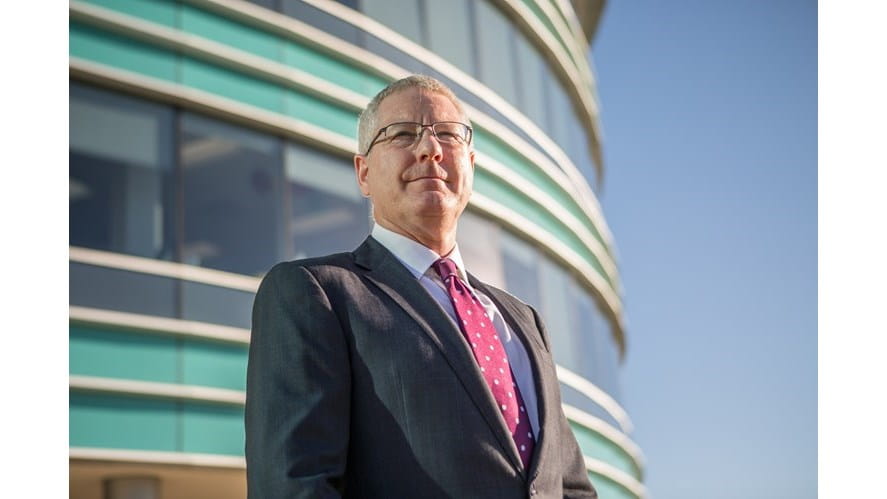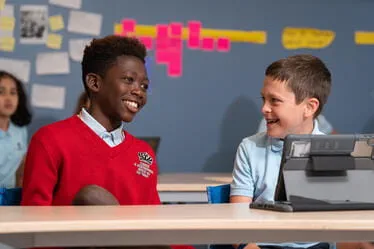We know that our external exam results, at iGCSE and IB are among the very best in the world, but there is so much more to it than that.

We know that our external exam results, at iGCSE and IB are among the very best in the world, but there is so much more to it than that.

We know that our external exam results, at iGCSE and IB are among the very best in the world, but there is so much more to it than that.
I often hear parents comment that the children are not sitting in rows, being told things by teachers, or “it’s not like it was when I was at school”.
To be honest, I would be very concerned if it was like it was when you were at school. The world is a very different place, we know far more about how children actually learn best (and it’s not by sitting in rows, being told things and then repeating it in a test!), and the future for our children is one of increasing complexity and ambiguity.
The recent report from the World Economic Forum makes the point that 65% of current Primary School children will enter a job that does not yet exist. I find this statistic staggering.
David Price, in his best selling book, “Open, How We will Work, Live and Learn in the Future,” proposes the idea whole new landscape of the job market. He argues that groups of people are likely to group together, offering a range of skills for hire. Of course, this more flexible, uncertain work place demands new skills and attributes, and certainly adaptability.
At BISH, our philosophy switches from one of having something that must be given to the student, to one in which we believe each student has the ability to learn anything and the role of the teacher is to help facilitate that process; to co-construct learning with the student.
Rather than the traditional giving, receiving and testing model, this is truly personalised, relevant, engaging and empowering.
The traditional educational model, centred on a teacher, in which knowledge is transferred, remembered and tested, seems increasingly irrelevant and unfit for purpose.
One of the other problems with this is that it promotes and values one approach to learning; there tends to be one type of student who is ‘good at schooling’. Of course, experience tells us that many of the most brilliant and successful people in the world were not ‘good at school’; they became successful almost despite the school system.
When you see students of all ages leading their own assemblies, organising their own fund-raising activities, championing a cause, inventing things, coming up with new ideas and yes, failing, we know that there really being prepared for the reality of their future. And, in our experience, that is what the world’s leading universities are looking for.
Here at BISH we are proud that our students achieve excellent external exam results. But, we are even more proud of how well they are prepared for the realities of their future. Here at BISH, education is not done at children, instead students are encouraged to take ownership of their own learning, to lead by example, to create new ideas, to fail and to solve real-world problems .
And, if you do not recognise it from when you were at school, we think that is a very good thing!
Andrew Derry
Feb 2018